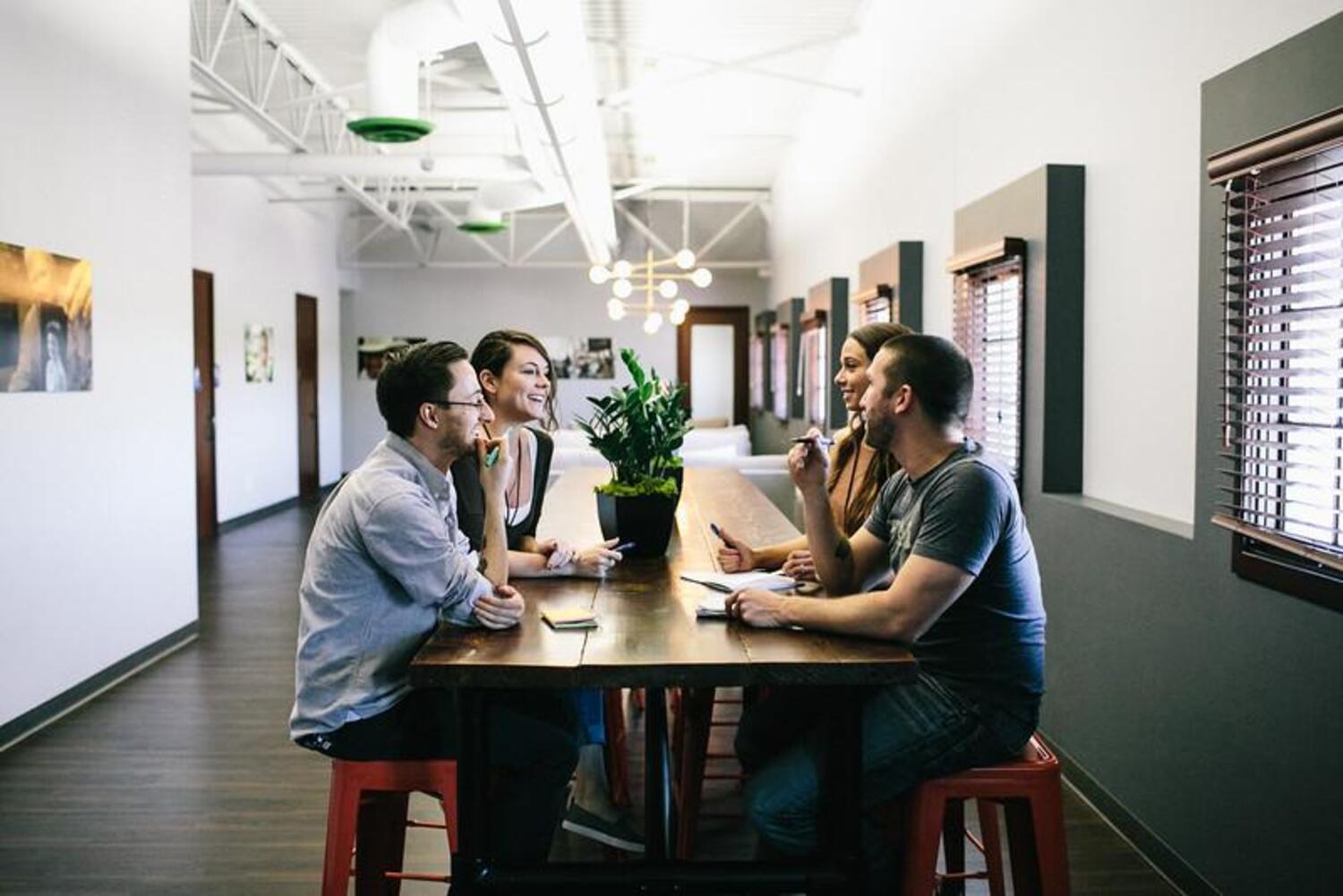Will Today's Workplace Practices Be Obsolete Tomorrow?
If given a glimpse at the workplace of the future, we would be shocked. Why?! Because most of what we would see is not currently practiced by even the best workplaces. How do I know this? Well, I don’t, but what I can do is theorize using my own projections, a little creativity, and some sound scientific observations. Now, when first dreaming up the great workplace of the future, I must admit, I really wanted to push the boundaries. At the very least, I wanted to carve out a deep space for collective envisioning and dialoging about the future of the great workplace. I would like to begin this dialogue by sharing a value judgment I hold. I think those who make the Best Place to Work list, and those who hold similar organizational practices but are not on the list, are our best examples of how future great workplaces will behave. With that being said, I would like to share an idea that, when looking through a long-focus lens at future best workplaces, nearly forces me to retract the statement I just shared entirely.
Consider the following theory descriptively named The Pessimistic Meta-Induction from the History of Science, which I came to learn about in an essay written by Kathryn Schulz. Beautifully summarizing this theory, Kathryn shared, “Because so many scientific theories from bygone eras have turned out to be wrong, we must assume that most of today’s theories will eventually prove incorrect as well. And what goes for science goes in general. Politics, economics, technology, law, religion, medicine, child rearing, and education: no matter the domain of life, one generation’s verities so often become the next generation’s falsehoods . . .” Profound right!? I thought so, and if we believe this to be true, or for the sake of imagining the great workplace of the future, if we assume this to be true, then much of what we are doing today, in order to create great workplaces will, in the future, be obsolete.
This is a very challenging concept for me, and I imagine others, when considering all the advanced systems Best Places to Work have created and enacted in order to be present day workplaces of the future. Which of these systems will stand the test of time, and which will fade into obscurity? Consider the debate currently dominating many headlines about whether telecommuting is the way of the future or a trending phenomenon. With the advent of the internet came the ability for companies to share information over great geographical distances, which changed the way the workforce works. I share this, not to bolster one perspective over another, rather to provide perspective. If we were to ask the pre-internet age to imagine the great workplace of the future, what would we hear? Maybe one or two visionaries would get close to describing the information connected world we now live—the result of a complete paradigm shifting event—but I would imagine most responses, while creative, would exist in a now prehistoric paradigm.
And so, here we are today, in the same position as the pre-interneters, imagining what best workplaces will look like without knowing what disruptive, paradigm shifting technology is around the corner. However, if we were to base our predictions on basic morals and human development, we might be able to assume a few things about the best workplace of the future, such as:
- They will be more concerned with their place in the world and in society, by asking questions like, “how am I hurting”, and “how am I helping” society?
- Their employees will be viewed as important, if not more important, as the client and consumers of the service they are providing.
- They will align people with their passions, so that a job isn’t ‘just a job’, but something they really enjoy. They will strive to bring the ‘whole person’ into their workplace and not just the task they were hired to provide.
- They will teach and promote emotional intelligence and self-awareness on a level equal to their promotion of business acumen and leadership development.
As great as they are, I can’t imagine a great workplace of the future that isn’t better than our great workplaces of the present.
Joseph holds a Master’s in Organizational Development from Saybrook University, and is an education and innovation consultant in the San Francisco, Bay Area. Joseph is a guest blogger for Great Place To Work®.







